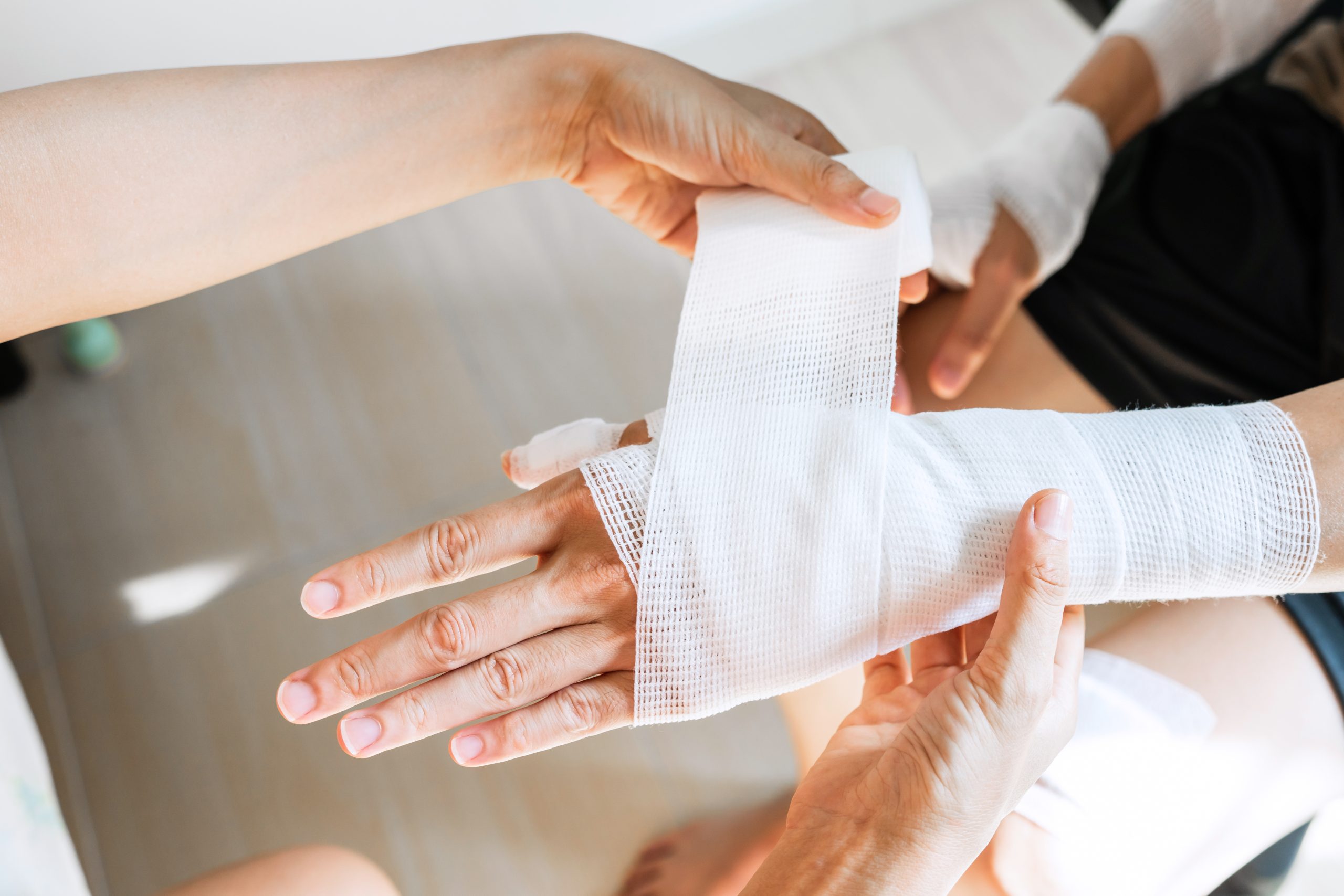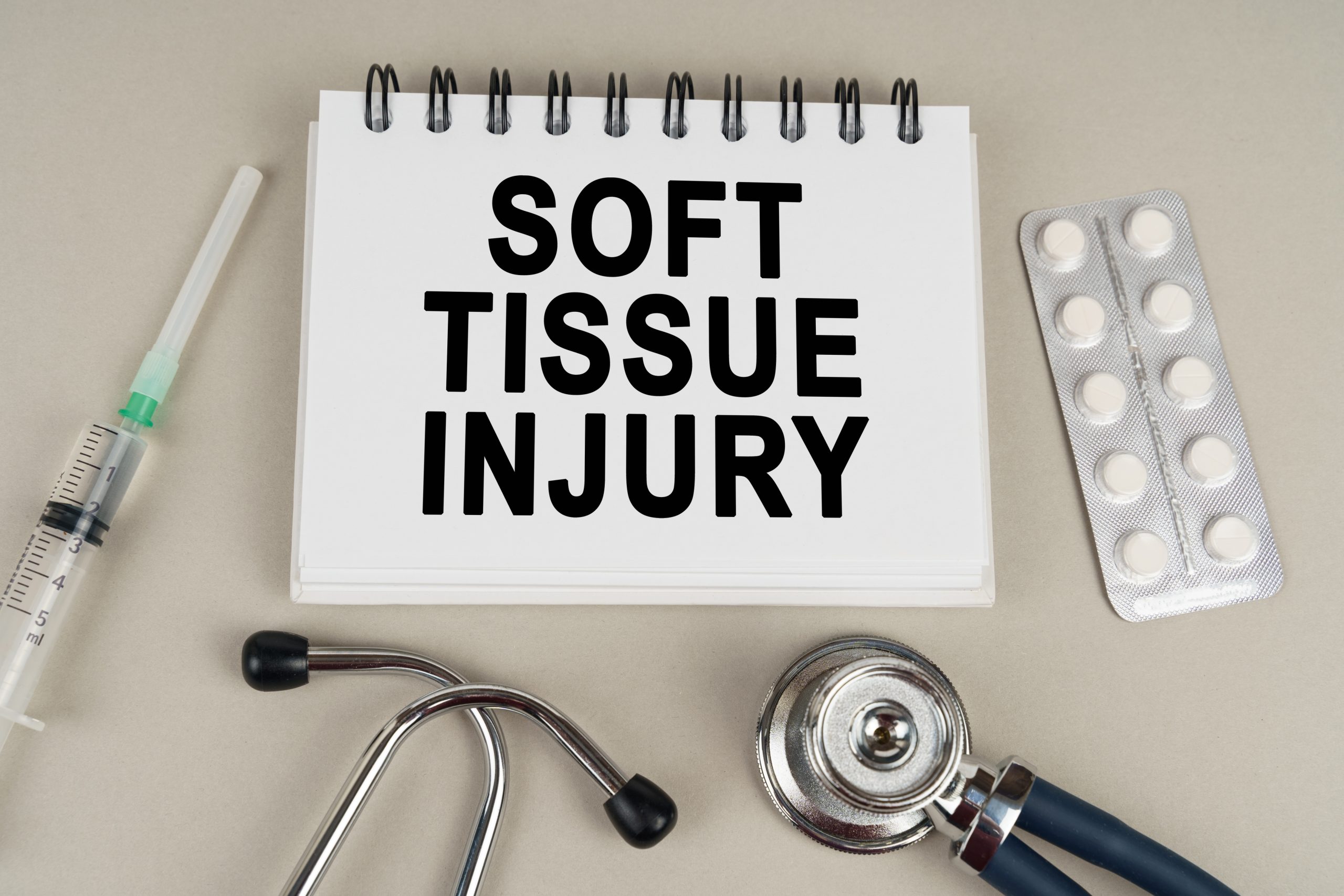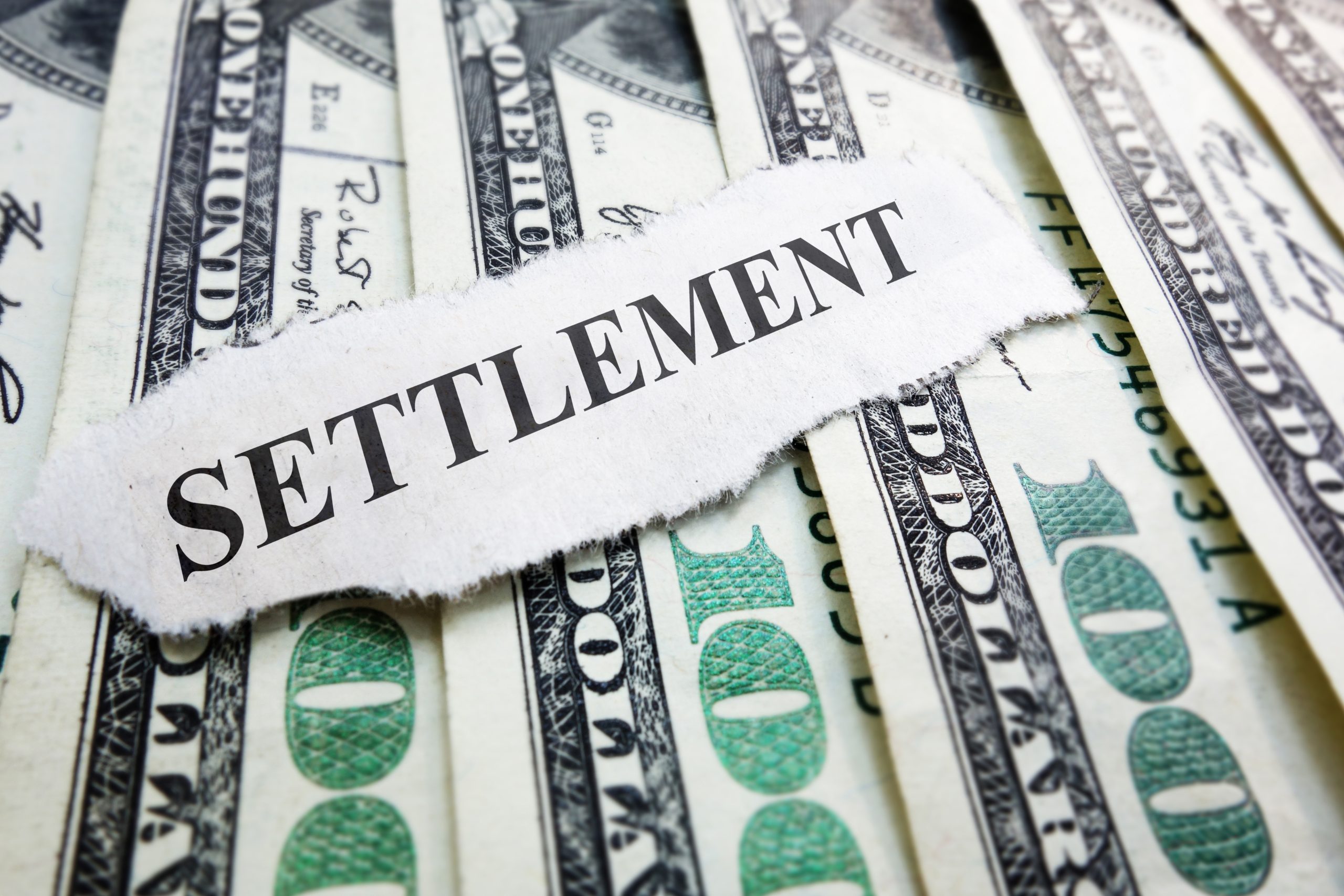Both business owners and homeowners sometimes have questions about what happens if someone gets hurt on their property. Under premises liability law, an injured person may have a case against the property owner or occupier if their injury was caused by an unsafe situation or condition on the property. As with other kinds of personal injury law, the most important issue is establishing fault. If you were negligent in fixing a hazard or failing to warn others about such a condition, a judge and/or jury may determine that you are liable for the victim’s harms and losses. Generally, fault is determined based on what a “reasonable person” would do in a similar situation. For example, if the roof starts leaking, a reasonable person would probably put a bucket under the leak, wipe or mop up any collected water, and call someone to get the roof repaired. If you just let the water puddle on the floor and fail to either clean it up or at least warn others on the property about it, it is likely such failure to take remedial measures could be interpreted to mean you did not take reasonable care (or due care) in this situation and are therefore liable for any harms and losses stemming from the hazardous condition.
Landlord Liability
As a landlord, you are responsible for providing “habitable housing” for your tenants, the definition of which varies slightly by state and leaves some room for interpretation by the courts. At its most basic, habitable housing is free of obvious and known hazards and defects. Habitable housing needs to have reliable heat and running water and a roof that protects the occupants from weather conditions and is reasonably secure from break-ins. Habitable housing also meets basic sanitary standards. It is not infested with rodents or bed bugs and is free of mold and other known health hazards.
Property Conditions
Property conditions that could lead to tenant injuries where you could be liable include:
- A staircase with no handrail
- Poor lighting in common areas
- Loose railings on decks and balconies
- Ripped or missing window screens
- Uneven surfaces on sidewalks and driveways
- Water leaks that could lead to mold
- Broken or missing smoke and CO detectors
If a personal injury results from hazardous conditions on your property, you could be held liable even if the condition is temporary. A landlord who is aware of a hazardous condition but does not resolve it in a timely manner can be at fault for resulting injuries. When it takes some time to accomplish the repairs, you are responsible for warning tenants of the existing hazard.
What Is Legal Liability?
Liability is basically a person’s obligation or responsibility, under law, to compensate another person if their negligence led to that other person suffering a loss, such as a bodily injury or damage to their property. When it comes to rental properties, both landlords and agents have a duty of care to protect others from loss. Duty of care means “an obligation to take reasonable care to avoid foreseeable harm to another person on their property.” Landlords owe a duty of care to their tenants and to anyone else who is on their property, such as guests of the tenant, or even the grocery delivery person. Where agents are concerned, they have a duty of care to their landlord clients in addition to tenants and visitors of the property. (Tenants also have a duty of care to anyone present on the property. It is called occupiers liability.)
When Might a Tenant Be Liable for Accidents That Take Place on Their Property?
A tenant might behave in unsafe ways or may invite guests and they may engage in unsafe behavior while in the rental unit. In those cases, the tenant may be responsible for the resulting injuries. This means that the tenant may be found liable for these negligent actions. In general, when a personal injury accident happens in a rental property, both the tenant and the landlord may share legal liability if the actions or inactions of both parties contribute to the accident and injury. In these cases, comparative negligence applies, reducing the amount of compensation the injured party may receive if the blame is shared by both parties. To establish liability, it is important to evaluate the facts of the specific accident to determine how the law may apportion legal fault for the actions or inactions of the parties involved.
State Laws Vary
When considering whether a landlord may be held liable for a personal injury, it is important to remember that state laws on landlord responsibility vary. For example, some states may use a comparative fault method to determine liability, while others may rely on contributory fault. Ultimately, however, the legal determination on any injury situation may be different in one state when compared to another. The best way to understand this process for your area is to check the local landlord-tenant laws as well as personal liability claim filing rules.
When Do I Need Premises Liability Insurance?
The right time to seek premises liability coverage from your insurance company is as soon as you rent or own a property for your business. You are always at risk of an injured person filing a lawsuit that, even if you are not at fault, could still result in legal bills and settlement costs. Whether you rent or own your business property, premises liability law requires you to maintain a safe environment for visitors and to avoid an unreasonable risk of harm. Failure to do so can create premises liability and a potential lawsuit.
Proving Liability
For a landlord to be held liable, the tenant must prove the following:
- Duty: The landlord had a duty to fix the dangerous condition within a reasonable amount of time.
- Breach: The landlord failed to meet their duty to address the dangerous condition.
- Causation: The cause of the injury was the failure to repair the dangerous condition, and the landlord’s negligence directly and foreseeably caused the injury.
- Damages: Injuries (damages) resulted from the landlord’s behavior.
What Happens if the Landlord Is Negligent?
If a landlord or agent breaches their duty of care, the person who suffered a loss can pursue legal recourse.. Depending on the applicable circumstances and legislation, the tenant may be able to withhold rent, pay for repairs and deduct the cost from their rent, or terminate the lease.



